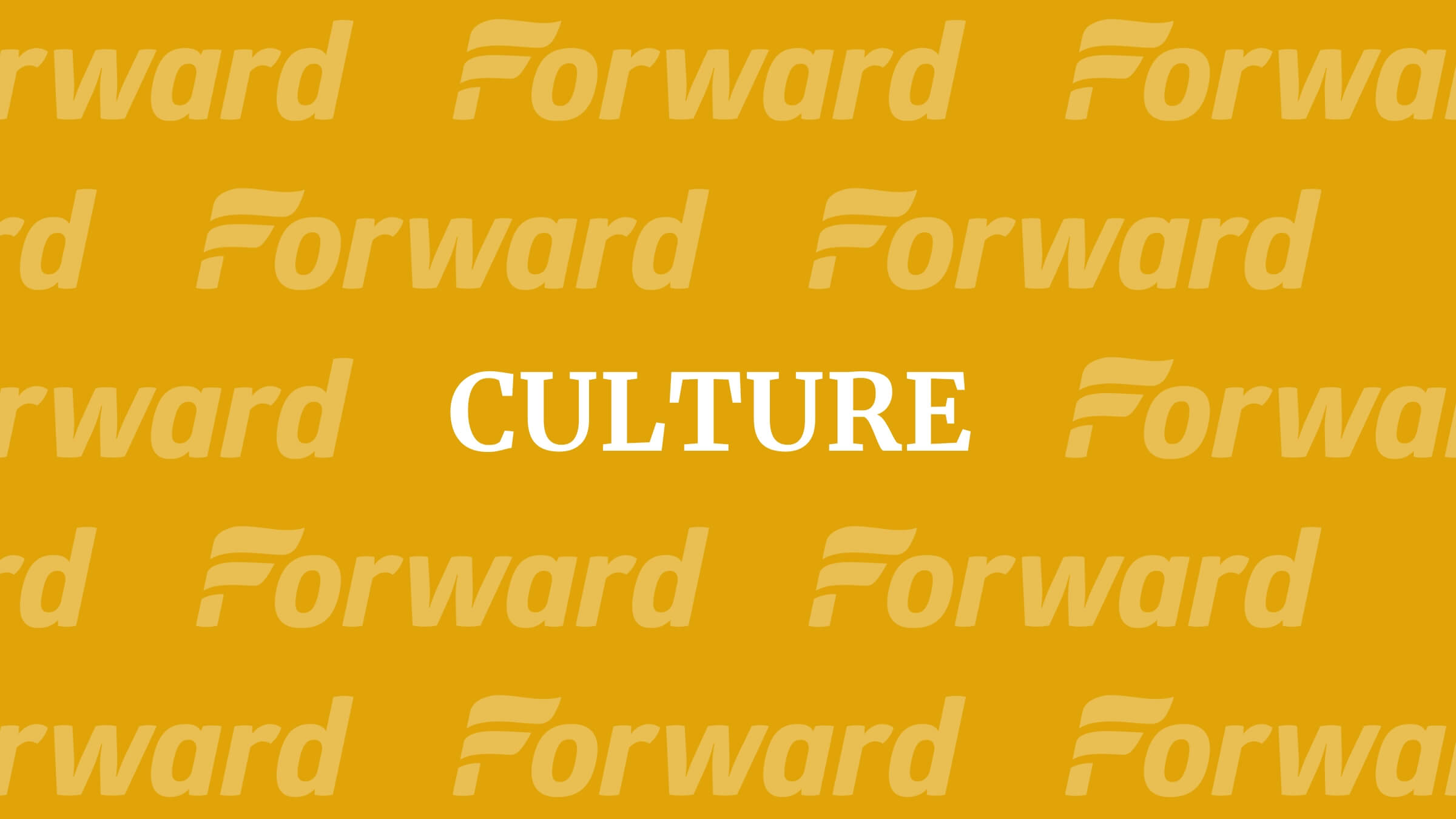‘The teacher of teachers’: A pioneering Yiddishist leaves a profound legacy
Chava Lapin vigorously promoted Yiddish language and culture for half a century

Graphic by Angelie Zaslavsky
Chava Lapin, the renowned Yiddishist, teacher and biochemist, passed away last week at age 89.
After a successful career in biochemistry at a time when women had few avenues to pursue the sciences, Lapin spent the last 50 years of her life cultivating Yiddish culture in North America, teaching the language and holding her students, including many of today’s most influential Yiddishists, to the highest standards.
Born in Montreal in 1933 to a Yiddish-speaking family, Lapin earned a doctorate in biochemistry at McGill University, and moved to New York City in 1957 to work at Mount Sinai Hospital. Between 1966 and 1973, her husband, Shmuel, served as the executive director of YIVO. After his death in 1973, Lapin turned her passion for Yiddish into a second job, and took on a new calling in Yiddish culture, eventually leaving behind her work in science.
She joined the teaching staff at Queens College as one of their first Yiddish teachers, then became a Yiddish teacher at YIVO’s summer program, although at the time she “thought she couldn’t teach,” said Shane Baker, director of the Congress for Jewish Culture. When she first walked into the classroom at Queens College, she “was more frightened than the students,” she recalled in a 2010 interview.
Her decision to teach, said Baker, “gave us a lot of people who are important in the world of Yiddish today;” her students include professors of Yiddish and Jewish studies at universities across the country.
She taught at Columbia University; spent a decade as director of culture and education for the national Workmen’s Circle; and maintained a relationship with YIVO for 50 years, serving on the board until her death.
Despite her initial misgivings in the classroom, Baker said, Lapin “became the teacher of teachers.”
Lapin’s understanding of Yiddish, Baker said, came with a depth and creativity that stood out, even in her Yiddish-steeped milieu. If you asked most Yiddish speakers how to say “skimmed milk,” said Baker, “a lot of people wouldn’t know. But her knowledge went back that far.”
Alex Weiser, YIVO’s current Director of Public Programs, said in an interview that the first time he made an error in Yiddish at YIVO, Lapin “read me the riot act in English and Yiddish.”
“YIVO is the place for Yiddish,” he said she told him. “We have to be absolutely perfect. If YIVO can’t be perfect, hope is lost.'”
Baker joked that the line of people waiting to pay respects at Lapin’s funeral, which took place in Paramus, New Jersey, was full of yiddishists who, at one point or another, had been chewed out by Lapin for failing to meet her expectations. “She’s famous for being quite outspoken,” said Baker. “She had opinions on many things and she shared those opinions. She wasn’t afraid to disagree with people.”
But Lapin put her money where her mouth was, Weiser said, and held herself to the same standards. Some Yiddishists “are very knowledgeable about religious things, but not so knowledgeable about secular Yiddish literature,” he said. “Other people are really interested in literature but don’t know anything about Jewish tradition or religion. Her experience covered it all.”
In that 2010 interview, Lapin expressed hope for the future of Yiddish, that others would one day rise to her level of deep cultural understanding.
“Nowadays we think that singing a song in Yiddish satisfies the requirement and eating a bagel with lox once in a while pays our annual dues for Yidishkeyt,” she said. “Yidishkeyt is klezmer, gastronomy, and a dance.”
Not so, for her: “Yidishkeyt is either the main thing or leave it alone!”

















